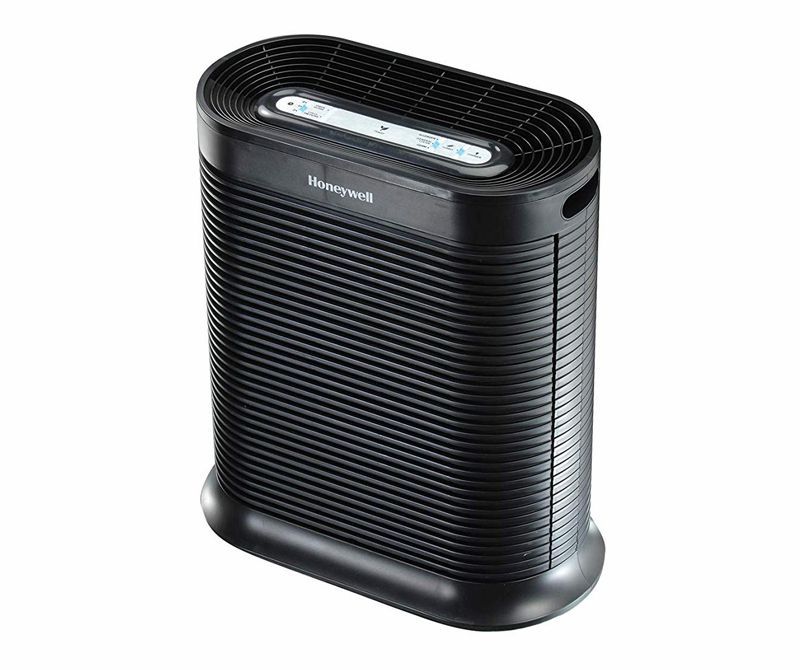General Discussion
Related: Editorials & Other Articles, Issue Forums, Alliance Forums, Region ForumsWiping surfaces is fine for the coronavirus, but the main risk is through the air. How to tell if
Wiping surfaces is fine for the coronavirus, but the main risk is through the air. How to tell if your ventilation is OK.by Tom Avril
Once an hour, sometimes more, employees at Weavers Way Co-op grocery stores diligently wipe disinfectant on all “high-touch” surfaces: the checkout counters, the banisters, the plastic nozzles that dispense gourmet granola. At Whole Foods Market, workers sanitize even more often, wiping the credit-card readers between every customer.
“Deep cleaning” is the coronavirus catchphrase of the moment as more retailers, schools, and offices increase their indoor operations. And in at least one case, the goal seems to be deep and long-lasting: Witness American Airlines’ plan to use a cleaning spray that is said to keep surfaces virus-free for seven days.
There is nothing wrong with good hygiene, and for goodness’ sake keep washing your hands, especially as COVID-19 is joined in the coming months by the flu. But as more indoor spaces prepare to reopen this fall, infectious-disease experts say we don’t need to be quite as fanatical about cleaning surfaces — at least not to the extent that it distracts from the main route of coronavirus transmission: through the air.
That means continuing to stick with methods that work. Wear masks. Practice social distancing — an effective safeguard against larger virus-laden droplets that fall to the ground within a few feet. And when going indoors — given that smaller viral particles can remain aloft — consider the ventilation.
Read more: https://www.inquirer.com/health/coronavirus/covid19-ventilation-deep-cleaning-transmit-schools-reopen-20200831.html
PoindexterOglethorpe
(28,485 posts)Sanitation Theater, much like airport security is simply Security Theater.
You really do not need to wipe down everything that comes into your house, or not touch your mail for three days or any such nonsense.
Wear your mask, don't go into crowded spaces and especially don't go there without a mask.
FBaggins
(28,673 posts)Even if we ignore the fact that there’s still little reason to believe that airborne transmission is a major factor (let alone THE MAIN route of transmission), he doesn’t seem to realize that if it IS significantly transmitted that way... we’re wearing the wrong masks. “Smaller viral particles” DO “remain aloft”... but they also require N95 masks.
sheshe2
(96,638 posts)Highest risk is air born. That means cover nose, mouth and I wear my large sunglasses to protect my eyes.
I_UndergroundPanther
(13,351 posts)Spray called Ozium.
It kills bacteria and viruses in the air. It's a very fine mist. I use it after I open the door with people.
I shut the door and nail the air. It disinfects surfaces hard or soft as the droplets fall out of the air over time.
my cat had an accident
on the couch cover and nature's miracle didn't help much at removing the smell. A pouf of Ozium in the air and waving it around in the Ozium air removed the smell permanently and killed whatever was on it.
I highly recommend it
Smells lemony fresh..lol.
LisaL
(47,367 posts)I will try it.
blueinredohio
(6,797 posts)Her son was the only one allowed in the nursing home to see her. He had to sign a waiver before he went in. The viewing and funeral are Thursday and Friday. Shouldn't he be quarantining? I'm scared to go to either service.
RhodeIslandOne
(5,042 posts)Without PPE?
blueinredohio
(6,797 posts)I wouldn't think they would allow him in otherwise.
appalachiablue
(43,944 posts)'What You Need to Know About Air Purifiers and the Coronavirus.' One of these devices might help if someone at home is sick, but only if you use it correctly. By Perry Santanachote. Consumer Reports, *May 05, 2020
-- “In theory, if an air purifier removes viruses from the air, it reduces concentrations in the room and thus reduces the potential for exposure,” says Linsey Marr, an environmental engineer and professor at Virginia Tech who specializes in airborne disease transmission, air quality, and nanotechnology. “So there is a mechanistic reason to think that air purifiers could help reduce transmission.” --
Running an air purifier at home can be a good idea anytime, to help filter out indoor allergens and pollutants like fumes from cooking and cleaning products. And that's especially true now, when so many people are stuck indoors 24/7 because of the coronavirus pandemic. But you may also be wondering if an air purifier can prevent COVID-19 by capturing virus particles that could be traveling in the air.
We spoke with air quality and virology experts, and asked CR's own experts to weigh in. The consensus is that while air purifiers probably don't offer much protection in most circumstances, they may be worthwhile in a few specific ones. If someone in your household is sick with COVID-19, running an air purifier in their quarantine room may help protect other family members or caregivers. The same goes for healthcare workers who are self-quarantining when they come home.
Our understanding of how the coronavirus spreads is evolving, but the current thinking is that it travels via droplets expelled from the body through coughing, talking, and breathing. While most of these droplets fall to the ground quickly, some research suggests smaller particles may remain in the air for longer. But even if you live with a healthcare worker or someone sick with COVID-19, before you run out to buy an air purifier, our experts say that simply opening up the windows in your home to let in fresh air will help dilute indoor contaminants—including virus particles.
If airing out the room isn’t an option, you could try using a high-efficiency particulate air (HEPA) purifier...
Read on for more info., CR Tests, Select Home Air Purifier Products...
- More, https://www.consumerreports.org/air-purifiers/what-to-know-about-air-purifiers-and-coronavirus/
(*Editor's Note: This article has been updated to clarify the particle sizes that HEPA filters can capture and explain how the filters capture such particles.)
 .
.
-Honeywell HPA300 Air Filter
